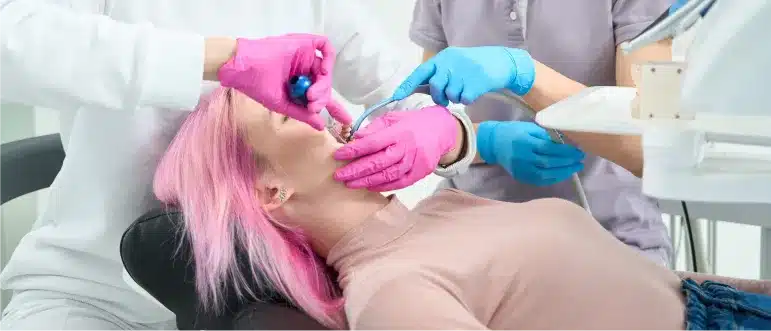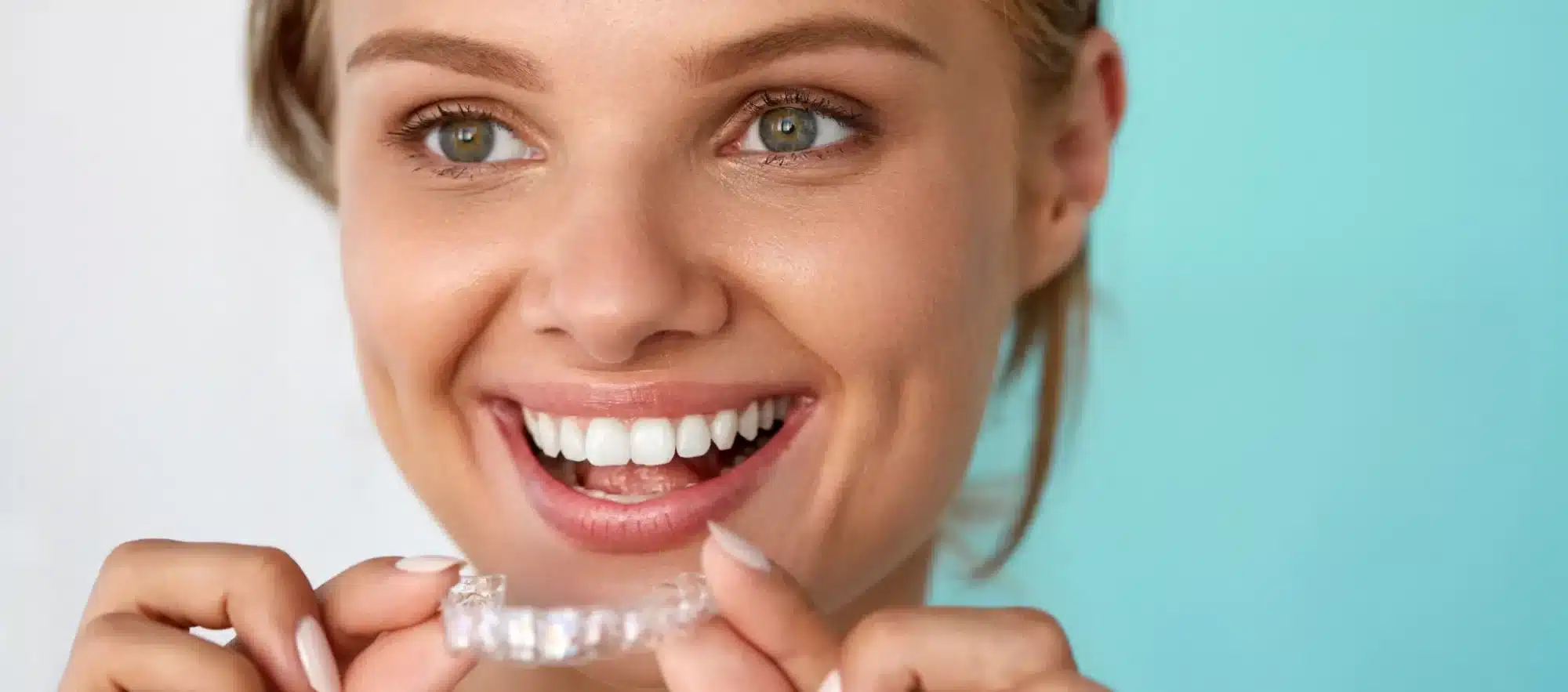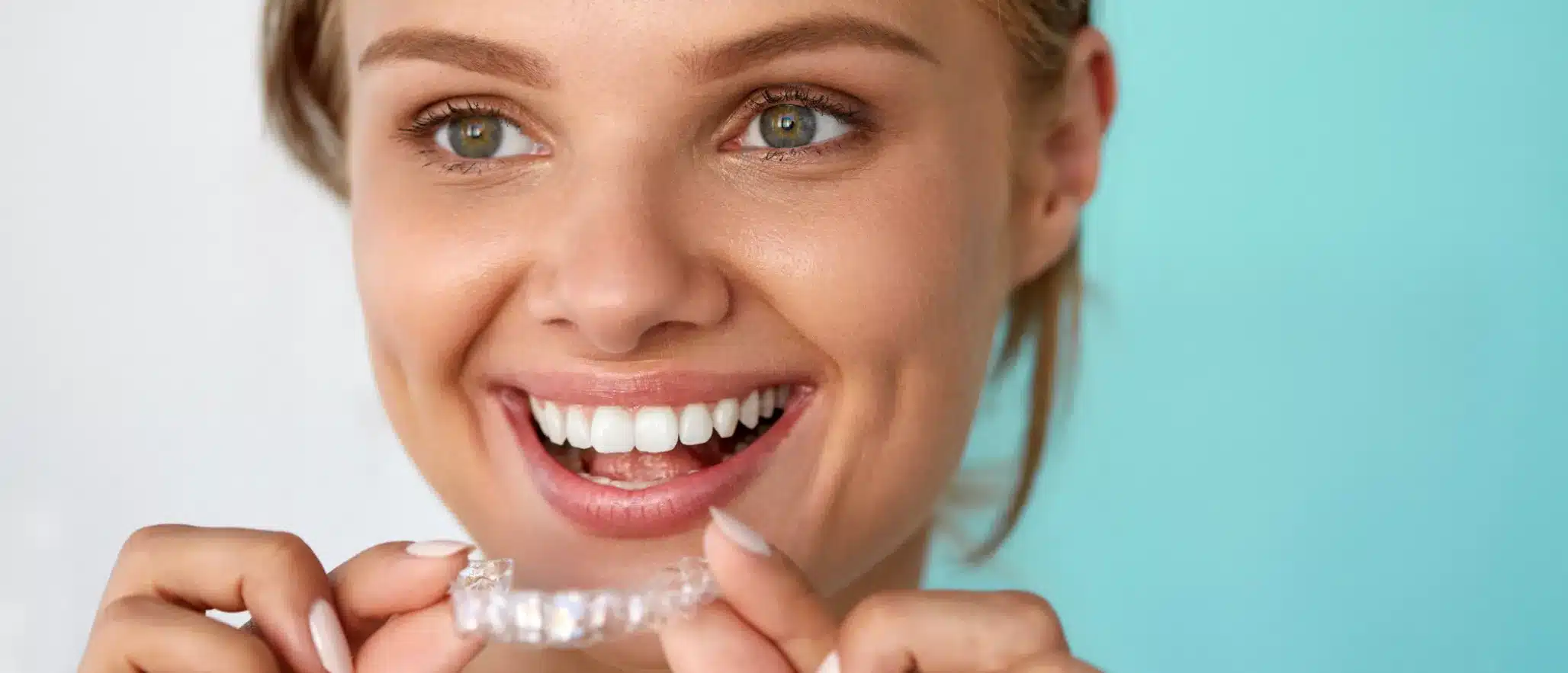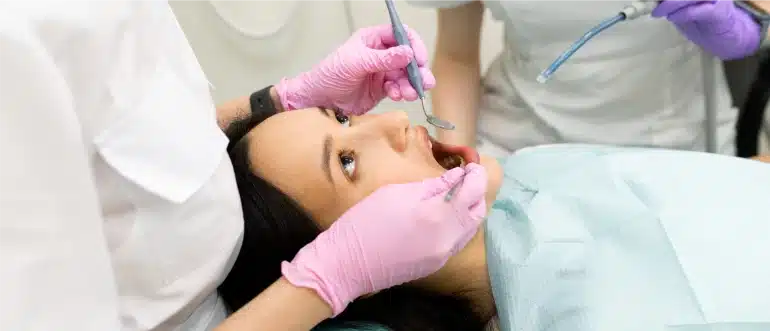Dental anxiety, a common and often overlooked concern, has the power to cast a shadow over the importance of oral health. For many individuals, the mere thought of sitting in the dentist’s chair can evoke unease, fear, and even panic.
However, the significance of regular dental check-ups and treatments cannot be overstated.
Fortunately, dentists understand dental anxiety treatment and are equipped with valuable advice to help patients overcome their fears. From empathetic chairside manner to innovative techniques and communication strategies, get insights into transforming dental visits from anxious experiences to empowering moments of oral health care.
Most Effective Tips To Manage Dental Anxiety
Here are the most effective tips for overcoming your fears and making your dental visits more comfortable –
1. Communication With Dentist
Open and honest communication with your dentist is paramount. Express your fears, concerns, and past experiences, allowing your dentist to tailor their approach to your specific needs. A collaborative discussion can create a supportive environment and foster a sense of trust.
2. Gradual Exposure
Dentists often recommend scheduling brief, non-invasive appointments, such as a simple consultation or cleaning. This helps acclimate individuals to the dental setting before progressing to more involved procedures. Gradual exposure to dental procedures can significantly reduce anxiety.
3. Pre-Appointment Education
Understanding the procedures and what to expect can demystify the dental experience. Dentists encourage patients to ask questions and seek detailed explanations about treatments. Knowing the ins and outs of a procedure can empower individuals and alleviate some of the fear associated with the unknown.
4. Bring Someone With You
Consider bringing a trusted friend or family member to your dental appointments. Having a familiar face by your side can provide emotional support and reassurance, making the dental experience less daunting.
5. Use Relaxation Techniques
Incorporate relaxation techniques during dental visits to calm your mind and body. Deep breathing exercises, meditation, or guided imagery can help reduce anxiety levels. Practice these techniques before your appointment to build a relaxation routine.
6. Behavioral Therapy For Dental Anxiety
Behavioral therapy, such as cognitive-behavioral therapy (CBT), can be effective in dental anxiety management. Therapists can work with individuals to identify and modify negative thought patterns and behaviors associated with dental visits, ultimately reshaping their perception of dental care.
7. Consider Sedation Dentistry
For individuals with severe dental anxiety, sedation dentistry may be a viable option. Discuss various sedation options for anxious patients with your dentist, ranging from mild sedatives to more profound sedation, to determine the most suitable approach for your comfort and the nature of the dental procedure.
These coping strategies for dental fear can help manage dental anxiety and foster a positive relationship with oral care. For dental anxiety, Best Dentist in Plano plays a crucial role in supporting patients through these strategies, emphasizing that dental care can be not only bearable but also empowering experiences.
Transform Your Dental Care Experience With Sedation Dentistry
Conquer your dental anxiety and regain control of your oral health journey with the best dentist for anxiety management. Pinnacle Dental introduces sedation dentistry to empower patients like you. Embrace relaxation and trust in our experienced team.
Call Us today at (972) 801-2788, and let us guide you through anxiety-free dental appointments. Your confident smile awaits!











